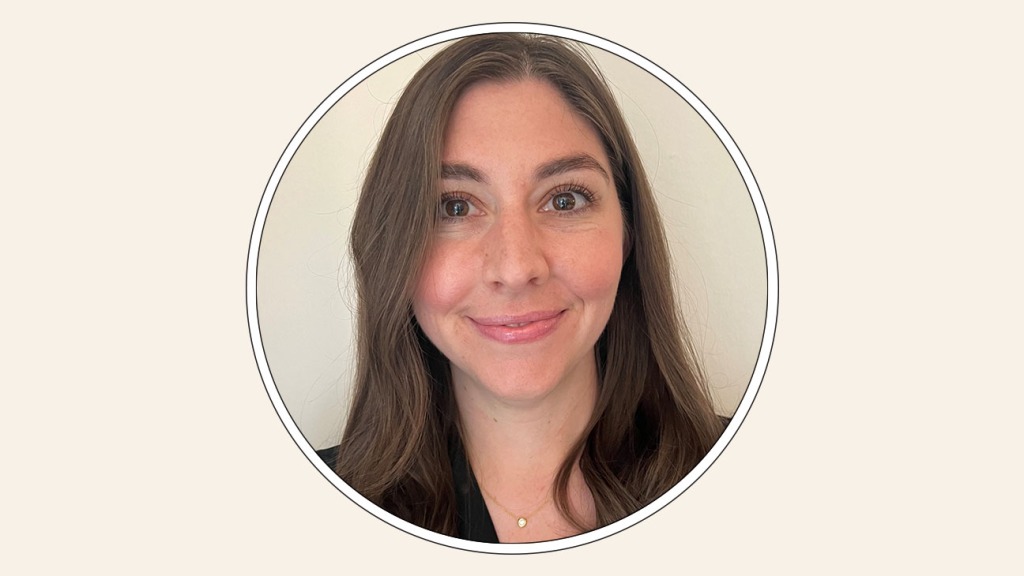
Marissa Hurwitz has been at the forefront of some of podcasting’s most exciting — and lucrative — deals.
The digital media agent and newly promoted partner at WME closed one of Spotify’s first major exclusive podcast deals, with Joe Budden, in 2018 — a licensing deal that helped pave the way for the audio giant’s licensing deals with behemoths like The Joe Rogan Experience and Call Her Daddy, even as Budden ultimately walked away from the platform two years later to pursue a wider distribution model for his show.
Since then, the podcast dealmaking space has seen the entrance of new buyers, including Amazon, which struck a massive ad sales and distribution deal earlier this year with Hurwitz’s clients, Alaina Urquhart and Ashleigh Kelley, who lead the Morbid podcast network. And thanks in part to the success of David S. Goyer’s Batman Unburied, which was renewed for a second season, Spotify has become bullish on narrative fiction; Goyer and his Phantom Four Films are already planning spinoffs, including one with Hasan Minhaj’s Riddler that Hurwitz helped set up.
In a recent conversation with THR, Hurwitz offered her predictions for the next year of podcast dealmaking, especially as a recession looms.
What have you learned since doing some of the first major exclusive podcast deals [with Spotify]?
The really fun thing has been how the space has grown and evolved and changed. There are new players in the podcast space and new platforms in the podcast space that were not necessarily putting up funding or buying content when Spotify started doing exclusive deals. Now you have companies like Amazon and Apple that are making a play for content as well, and you have startups that came into the space like Luminary to try and shake things up. Obviously, we like when new buyers enter the podcast space, as it’s just more partners for our clients to potentially [work] with.
We’re entering a possible recession, marketers are pulling back their ad spend. How has that impacted the podcasting space, which is obviously very ad dependent?
It has made people nervous, but I don’t think that it has necessarily impacted the podcast space in the way that people potentially think that it has. The podcast space is growing so rapidly; all it’s done is slowed the growth of the podcast space, but we haven’t actually seen it decline past where the growth was.
People tend to consume more content as a whole in a recession and podcasting, for the most part, is available for free on everyone’s phones. Even if we may be in the middle of a recession, we might be at the beginning of a recession, I think that you’ll still see the podcast space continue to grow, even if it’s at a slower pace.
Do you feel like companies have been slower [or more hesitant] to approach some of these megadeals that were popping up in the podcasting space in more recent years?
I think you may see companies be slightly more judicious with some of the deals that they’re closing. The clients that have been able to garner these deals have really built an audience that moves with them. They’re a direct-to-consumer business, whether you think of them that way or not, and I think that audience has an intrinsic and inherent value that these companies would love to partner with them on. Those deals become even more important, especially in a recession, because if advertisers are potentially pulling back, you’re going to see them really want to focus their spend on those [creators] that can convert and where you know your ad dollars are really going to have the biggest bang for your buck.
I’m going to put you back in the prediction business. In terms of genre, everyone kind of jokes that true crime is overdone. Heading into 2023, are there specific formats or genres that you think are going to especially succeed?
Comedy always does incredibly well, … and I think comedians have discovered that podcasting is a really great way for them to interact with their fan base in a way, especially since they’re so inherently used to that from doing stand-up.
Video podcasts are going to be increasingly more important. YouTube is such a huge platform for podcasting. What YouTube continues to do with podcasting and prioritizing that, within the next year or so and beyond, I think will continue to change the game and inherently will make video podcasts much more important than they necessarily have been.
It seems like everyone’s kind of waiting on YouTube to really do this seriously, because when they do, they could easily crush the competition [in podcasting]. What do you think YouTube needs to do at this point to be number one?
If YouTube spent money in the podcast space, I think that they could compete with the other platforms. I don’t know if that will ever be their strategy. One of YouTube’s biggest priorities as a company has always seemed like it’s been about a democratization of the platform, and from what we’ve seen so far, their podcast strategy seems to align with that as well.
But I do think that with some potential technology changes around the RSS feed, if they’re going to connect and host RSS feeds in the YouTube platform as well, I think that could have a huge impact for the podcast community. For a lot of creators right now, and for us, when we’re looking at the space, it’s trying to evaluate, like, how do we count for their video views? How do we translate that and ensure that we’re following guidelines across the board for both audio and video?
Sometimes when you talk to homegrown podcasters and they look at the Hollywood encroachment into podcasting, they roll their eyes and are like, “Oh, these are just a bunch of celebrities getting into podcasting.” I’m curious, what would you say to those homegrown podcasters and, conversely, what would you say to the Hollywood talent getting into a space that they’re not necessarily native to?
To succeed in audio, you have to be excited about something being audio first. And I think that talent that are passionate about the audio space and building content out that’s really audio-first is super important for everyone. Just because you’re a celebrity and you have a following doesn’t mean that you necessarily build a big audio audience.
In terms of the Hollywood encroachment, I’ve been doing this for eight years in the podcast space. Being there to sort of help the space grow and evolve and change has also helped — or I hope it’s really helped — native podcasters. I think all ships rise with the tide. The more that there are these sorts of megadeals, and also the more that there are people getting into audio that are just bringing new listeners that aren’t listening to podcasting already, is good for everyone.
Interview edited for length and clarity.
A version of this story first appeared in the Dec. 7 issue of The Hollywood Reporter magazine. Click here to subscribe.

